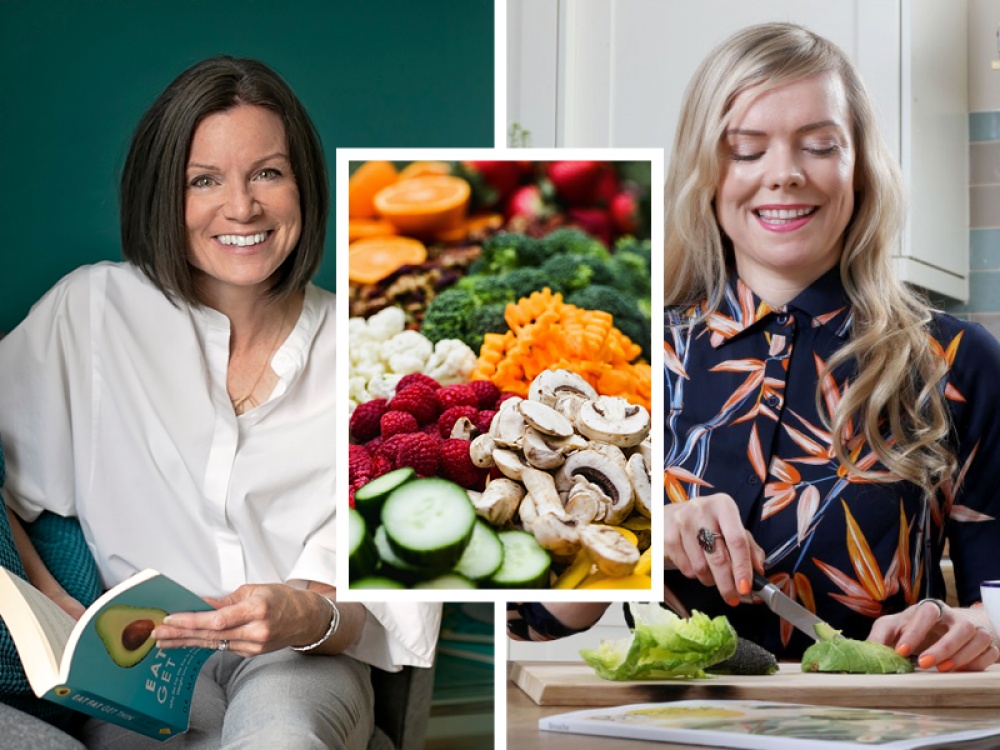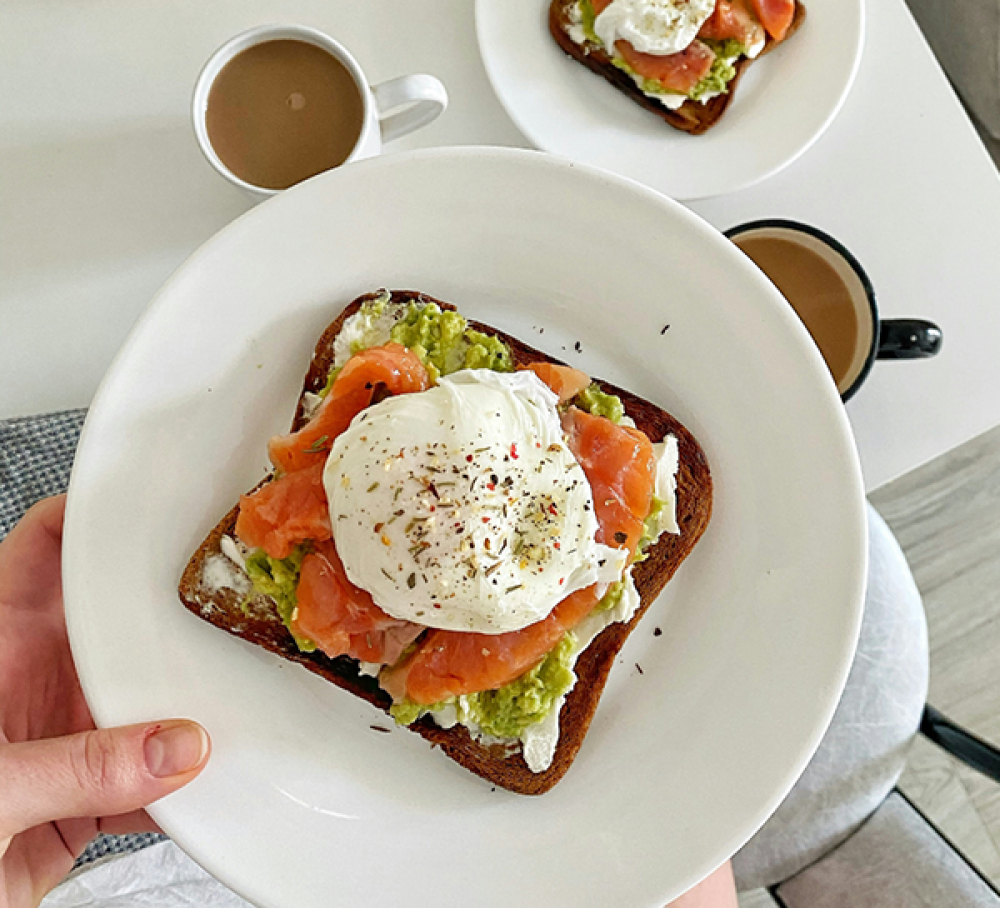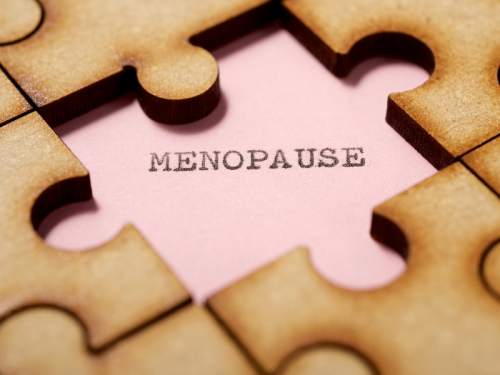Top Yorkshire Nutritionists Give Their Tips on What You Should Be Eating

It sounds simple, but proper nutrition is key to looking and feeling our very best
When life gets busy, nutrition is something that often gets neglected. A weekend takeaway here, a sweet treat there, plus convenient pre-packaged lunches from cafés or supermarkets – you may think you’re eating healthily but before long, those bad habits can add up and leave you without the important nutrients you need from food.
‘Our bodies do thousands of amazing things for us every single day to keep us alive. The only way our bodies can do that is if we put the raw materials in that it needs to function. If we don’t put them in, it can’t do all the jobs it needs to do so it has to choose,’ says Sarah Thomas, nutritionist and founder of Create Health Clinic. ‘Quite often, we feel our bodies have let us down, but they’re always doing the best they can with the resources they have. We show so little respect for them most of the time, I see people treating their bodies no better than a dustbin. Then, they get sick and it’s the body’s fault.’

A common sign of poor nutrition is a lack of energy. ‘If you’re feeling tired all the time, waking up tired, reaching for coffee and sugar mid-morning and needing a nap in the afternoon, that’s a sign that you’re not giving the body what it needs. It’s not normal. Equally common are gut issues – reflux, bloating, IBS – that a GP may tell you is normal, but it shouldn’t be.’
Sarah’s first tip is to hydrate as soon as you wake up – and that doesn’t mean having a caramel latte. ‘When you wake up in the morning, your body’s not had any fluids for about eight hours or more. Then, you put in a small cup of tea or coffee. Drink water instead.’
The Autoimmune Nutritionist VJ Hamilton identifies joint pain, swelling and muscle aches as key symptoms. ‘You can also have headaches, brain fog and rashes,’ she says. She first encourages making sure you get enough macronutrients in your diet. ‘I especially see people lacking in proteins and healthy fats. Making sure you get a palm-sized amount of protein is a good rule of thumb. This can be eggs, chicken, tuna, or hemp seeds, chia seeds, quinoa and legumes for plant-based sources. Protein powders can be added into a morning smoothie or overnight oats and you can get flavoured ones as well.
‘Make sure you get a range of healthy fats in your diet like EVOO and Omega-3 from oily fish,’ she continues. ‘I like to use the SMASH acronym: salmon, mackerel, anchovies, sardines and herring. Because they’re smaller fish, they’re less likely to have toxicity in them.’
Sarah seconds the importance of high protein intake. ‘Think in terms of raw materials. Protein is a building block in the body and if you’re not getting protein at every meal, that’s like trying to build a house without any bricks,’ she says. ‘You can buy windows and carpets and curtains, but if you haven’t got any bricks, you haven’t got a house!’

An easy way to include protein in your diet is to eat eggs. ‘I love eggs,’ says Sarah. ‘There’s now no government restriction on the number of eggs you can eat safely but nobody knows that. Eggs are one of the most nutritious foods, they’re good for all age groups and easy to digest.’
As well as macros, VJ also focuses on micronutrients. ‘It’s all about eating the rainbow,’ she explains. ‘I make sure I have three different colours in every meal. It sounds scary, but it doesn’t have to just be big portions of veg, you can make it into sauces and use herbs.
‘At breakfast, you might have porridge and add almond butter, berries and flax seeds. If you’re having a smoothie, you can add in spinach, berries and a powder like matcha, açai or cranberry for extra antioxidants. For lunch, soup is a great way to add in some colour with vegetables. To include protein, top it with crushed walnuts, feta cheese or shredded chicken thighs. For dinner, have a root vegetable and two other vegetables with some protein.
In terms of what you shouldn’t eat, VJ recommends cutting out ultra-processed foods. ‘If you are buying foods for convenience, look at the label and read the fine print. You don’t want a long list of ingredients in there, especially ones that you aren’t familiar with. You want something as pure as possible, ideally five ingredients or less, and preferably no sugar.’
Sarah recommends cutting out cereal. ‘There’s a lot of foods that are health-washed and the number one food that falls into this category is cereals. You look at the packaging and they’ll kid you to believe they’re health foods but they’re hiding the fact that on the nutrition label, they’re ultra-processed. To me, the cereal aisle is a junk-food aisle.’
The long-term effects of making these small and simple changes could be life changing. ‘Number one, you’d see energy changing and appetite changing,’ says Sarah. ‘All of a sudden, you’re not hungry all the time, you’re not craving pick-me-ups because you’ve got energy and you’re full from nutritious food,’ she continues. ‘Long term, sleep improves, stress levels go down. Your stress resilience and immune system is boosted so you’re not feeling sick and run-down all the time.’







